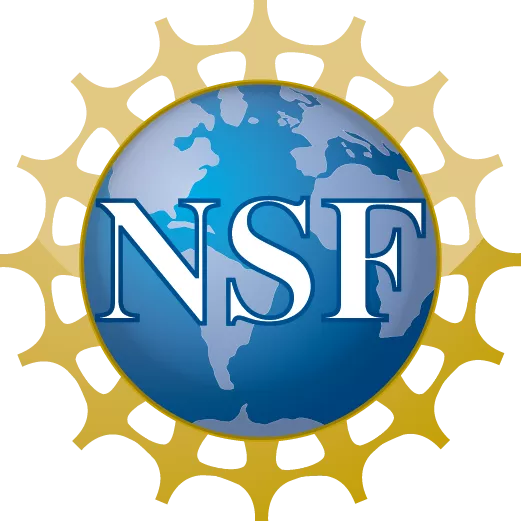Bryn Mawr Joins Other Schools in Project to Get More STEM Students Interested in Teaching
Over the next five years a $2.1 million NSF grant will enable undergraduates from participating colleges majoring in Science/Technology/Engineering/Mathematics (STEM) fields to participate in an extensive 6-7 week summer program in secondary mathematics or science education.
Each year, the Teaching Experience for Undergraduates (TEU) program will send 12 undergraduates to both Brown and Trinity. At each school the college students will have the chance to work directly with high schools students and gain valuable teaching experience.
“The nation needs high quality math and science teachers. The TEU program will give strong STEM majors from liberal arts institutions the opportunity to explore and engage in the intellectual challenge and excitement of developing and teaching cutting edge math and science lessons,” says Bryn Mawr Professor of Mathematics Victor Donnay. “If the TEU program succeeds in its goal of attracting more of these STEM students into the teaching profession, it could be expanded on a national scale.”
One of the co-investigators for the grant, Donnay has long been involved in increasing the quality of high school STEM teachers through programs such as the The Robert Noyce Teacher Scholarship Program.
Selection for the “Summer STEM Teaching Experiences for Undergraduates” (TEU) program will be highly competitive among students in in the project consortium. Bryn Mawr students interested in the program should contact Donnay directly as well as exploring the project’s website.
Both the science and mathematics TEU programs will include an intensive pedagogy course for college credit, as well as a hands-on teaching practicum mentored by a master teacher. In the practicum, the TEU participants will develop and teach summer enrichment courses for roughly 1250 high-need urban secondary students from the Providence area and the Hartford Middle Magnet Trinity College Academy. Once back at their home institutions, the undergraduates will also undertake a STEM leadership project during the following academic year.
Over the five years of the TEU project its five investigators will be evaluating and researching how well their model prepares undergraduates to be classroom mathematics and science teachers. Specific learning outcomes to be examined will include pre-service teacher pedagogical knowledge, efficacy, effectiveness, and leadership.
“What will be learned through the project, and attendant educational research, aims to provide evidence for the wider adoption of the TEU model and will contribute to the broader impacts of this project,” wrote the investigators in their NSF proposal.
Participating colleges and universities include: Amherst, Barnard, Bates, Bowdoin Brandeis, Brown, Bryn Mawr, Bucknell, Carleton, Colby, Colgate, Connecticut College, Dartmouth, Denison, Drew, Franklin & Marshall, Furman, Gettysburg, Grinnell, Hamilton, Harvey Mudd, Haverford, Hofstra, The College of the Holy Cross, Ithaca, Lafayette, Lawrence, Luther, Macalester, McDaniel, Middlebury, Mills, Morehouse, Mount Holyoke, Oberlin, Occidental, Pitzer, Pomona, Princeton, Reed, Rhodes, Saint Joseph’s University, Saint Olaf, Scripps, Siena, Skidmore, Smith, Spelman, Swarthmore, Trinity, Tufts, Union, University of Chicago, University of Pennsylvania, Vassar, Washington and Lee, Wellesley, Wesleyan, Wheaton, Whitman, and Williams.
